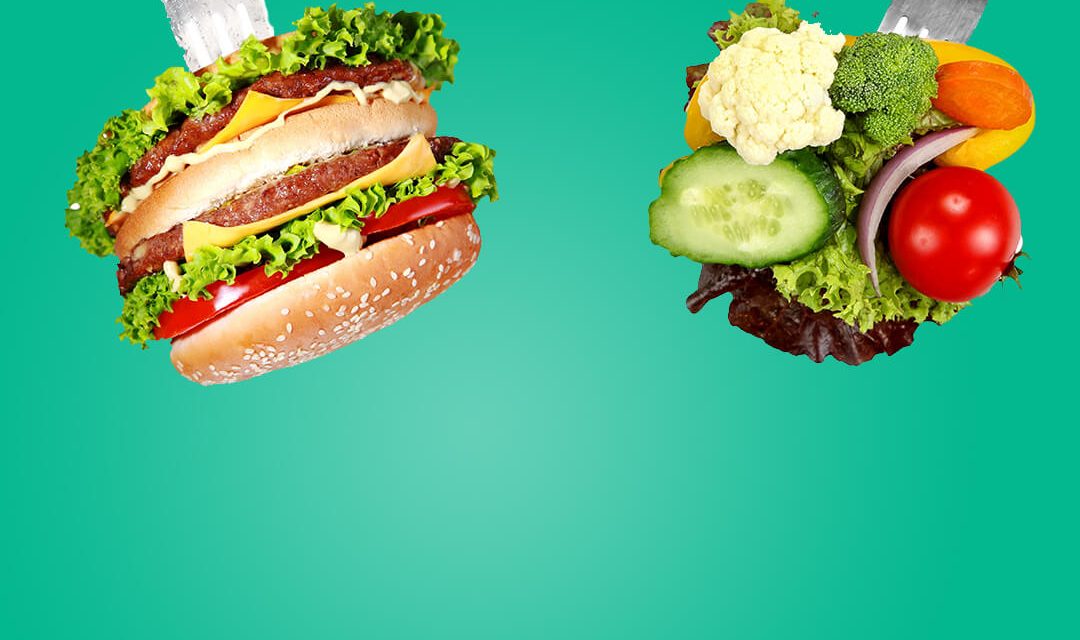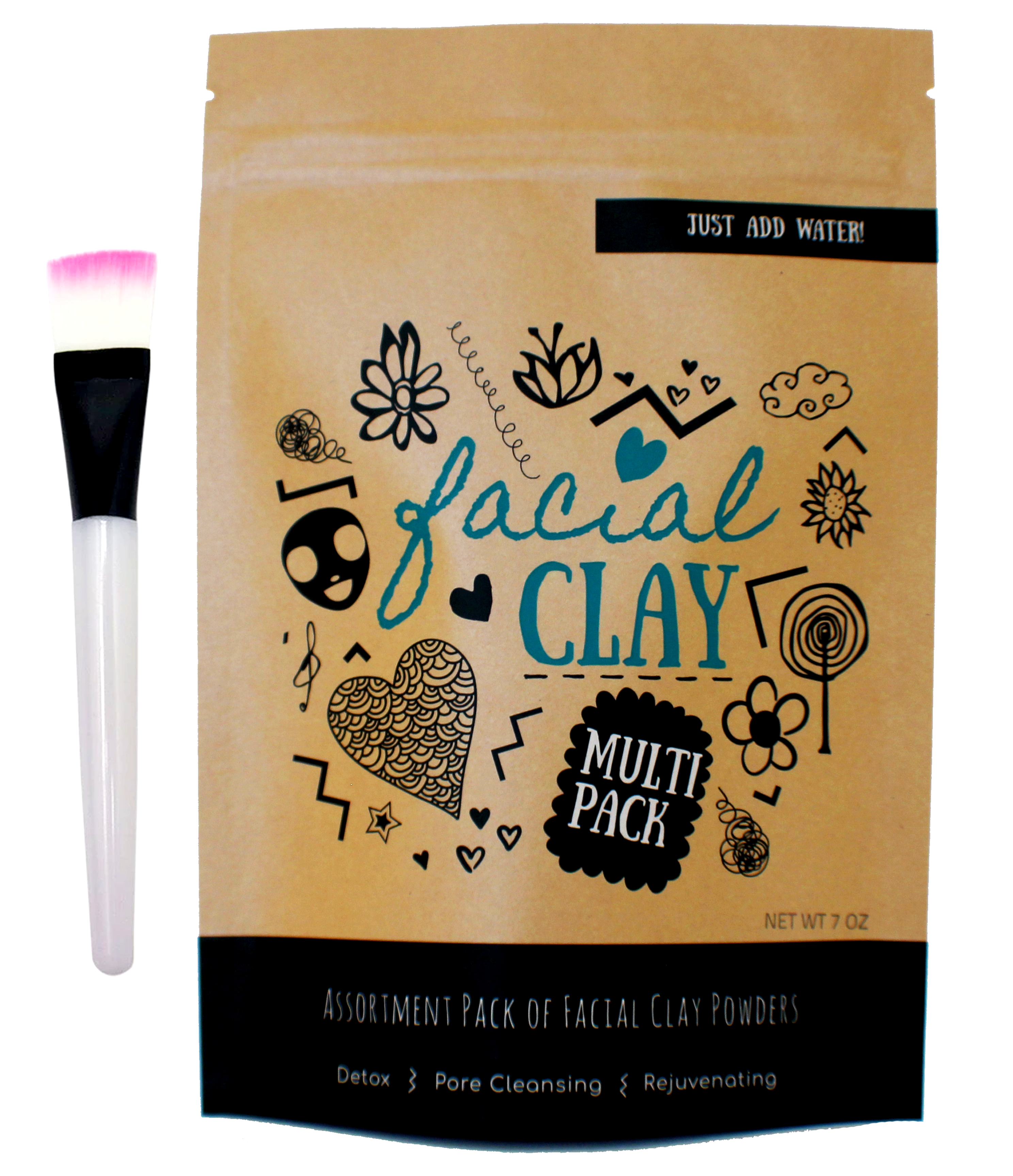The ongoing debate is a great one, and so far it looks like plant proteins trump the card. Of course, there are meat lovers who still hold on to their animal proteins, and that’s fine. You might even try just meatless mondays.
It’s all about getting a nice blend of proteins anyway. So whether you’re a vegan, vegetarian or meat eater, knowing where to get your proteins and why is important — at least, if you want to take control of your health and well-being.
As an overview, proteins are made up of amino acids, which our body breaks down to form new proteins. This is then used by our bodies to build and maintain all cells and tissues. You’ll find that most organs and muscles are mainly protein.
Meat is a complete protein
So it’s better. This is one of the basis’s of this ongoing argument — that because meat has all the essential amino acids that the human body needs, then it’s the better option. Meat is also very similar to our own proteins (not surprising). Since most plant proteins are incomplete, which means they lack in one or more amino acids (that our own bodies can’t magically conjure up), it limits their absorption within our bodies.
To note, there are a couple of plant proteins that are complete and one is already being grown and harvested in Africa to feed malnutritioned children and families. It’s not exactly a plant, but an algae called spirulina. But I think for the sake of this argument, it can be classified as a plant vs. a meat.
But what it really comes down to is the pros and cons of meat and plant proteins. This is what will really tell you which wins the battle.
What it means to get your proteins from meat
For those who are worried about getting a large quantity of proteins daily (such as weight lifters), then the meat aisle is your gold mine. For example, a 6 oz. Broiled steak has about 40g of protein.
However, you’re also getting more than that — about 38g of fat, 14 of which is saturated. So that small piece of steak has given you more than 60% of the daily recommended intake for saturated fats.
Compare this to a cup of lentils, which has only 18g of protein and 1g of fat. Sure, the protein level is low (just up your portions), but at least the amount of fat is low as well.
Even if you increase your portions of lentils, you don’t have to worry about packing on unnecessary fats. Beans are also a great source of fiber, so it does the opposite of pack on unwanted weight.
Health risks associated with animal protein
If you have your heart set on eating meat, your best bet is to go with poultry (I don’t recommend fish because it sits in your intestines, rotting away). Red meat is known to cause all sorts of health problems, even when eaten minimally.
Studies show that those who eat red meat moderately still have a higher risk of developing conditions like heart disease, colon cancer, diabetes, and are at a higher risk of dying from these illnesses. Research also shows that by switching to nuts, beans and poultry, it decreases chances of diabetes and heart disease, as well as early death.
To paint a picture — individuals who consume more red meat were shown to have a 50% increased chance of developing type 2 diabetes, if they continued for a period of four years. When individuals reduced their intake of red meat, their risk was reduced by 14% over a 10-year follow-up period.
Getting your proteins from plants
There are a total of 9 essential amino acids that the body needs. The great thing is that all plants have proteins, but not all of them are complete.
The plant-based proteins that are complete include chia, quinoa and hempseed. And there’s lots of plant based protein powder options to add to your smoothie. So in order to ensure that you’re getting a good dose of protein, and the amino acids your body needs, you would have to juggle the different types of plant-based foods that you eat — nuts, legumes, whole grains and seeds.
What trumps plant proteins over animal proteins is that it doesn’t come with any added baggage, like cholesterol, hormones and antibiotics (which are pumped in conventional meats at the supermarket). Consuming it exposes you to bacteria, carcinogens and parasites.
Instead, plant proteins provide you with free gifts, like minerals, antioxidants, vitamins, fiber, chlorophyll and phytochemicals.
To give you an idea, 100g of quinoa provides 14g of protein and 25% of the RDA for vitamin B6 and iron and nearly 50% for magnesium. There’s also a whopping 563mg of potassium.
On the contrary, the same amount of meat would give you 26g of protein, 14% of iron, 5% magnesium, 318g of potassium and 20% vitamin B6. It would also give you 15g of fat and 90mg of cholesterol compared to quinoa’s 6g of fat and zilch cholesterol.
How to get enough protein the healthy way
Again, you don’t really have to become a vegan or vegetarian, but it is recommended if you want to eliminate the health issues associated with animal products.
The idea is to reduce your intake of red meat, if not chuck it altogether, and to consume lots more plant proteins on the side. Make sure that your plate portions are largely vegetables and grains. You will also need to keep track of how much protein you need daily, which can be calculated using this formula — 0.8 x your body weight in kilograms (1kg=2.2lbs).
Hopefully, this bit of information will help you to balance out your diet, so that you can better control your health and longevity.
PLANT PROTEINS VS MEAT PROTEINS: WHICH ONE IS BEST?
Summary
Which is better, plant proteins or meat protein? Check out our post to find out


